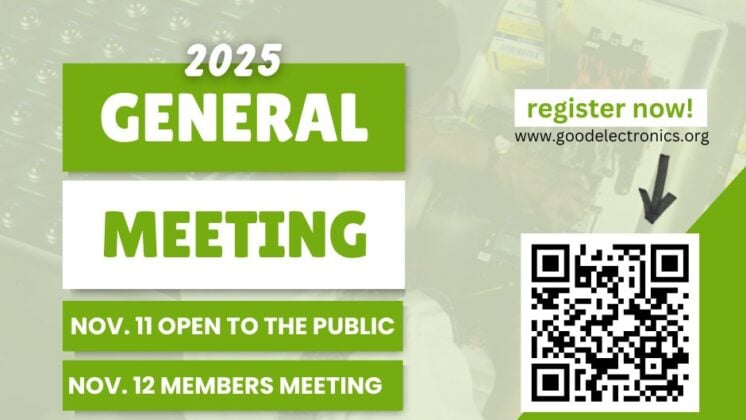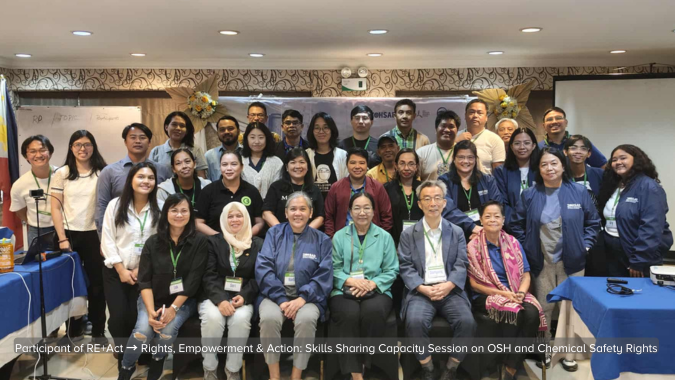South Korean authorities have repeatedly complied with Samsung Electronics Co.’s requests and refused to release critical data about chemicals that could be used to prove the work-relatedness of the illnesses of at least six former Samsung workers who have been seeking workers compensation, the Associated Press on 10 August reported in its investigative reporting section, The Big Story.
Guarding Trade Secrets Against Human Life
Both the government and Samsung have cited ‘trade secrets’ for not giving up the information, according to the AP. “Court documents and interviews with government officials, workers’ lawyers and their families show Samsung often cites the need to protect trade secrets when it asks government officials not to release such data,” said the news agency.
Although South Korea’s law does not allow the government to withhold the release of corporate information critical to individuals’ lives, physical safety and health, the AP pointed out, any such violation does not carry a penalty.
“Government officials openly say corporate interests take priority, that evaluating trade-secrets claims is difficult,” the AP added, “and that they fear being sued for sharing data against a company’s will.”
KOSHA’s Clients
In an interview with the AP, Yang Won-baek, of the Korea Occupational Safety and Health Agency, used the term ‘clients’ to describe corporations. Asked by the AP why he used that word, Yang answered he treats the companies that his agency is mandated to regulate ‘as I treat clients’. “[T]he companies KOSHA evaluates also review the agency, and the finance ministry considers those reviews when it sets agency budgets”, Yang told the AP.
“Since 2008, 56 workers have applied for occupational safety compensation from the government,” said the AP, citing SHARPS’s data. “Only 10 have won compensation, most after years of court battles. Half of the other 46 claims were rejected and half remain under review.”
AP’s Big Story
The latest report on Samsung and its occupational-disease victims is a second dispatch in eight months for the AP’s in-depth investigative section. The first report was released on 11 December 2016.
SHARPS’s Sit-in: 300 Days And Still Counting
- Since 7 October 2015, SHARPS and its supporters have been staging a sit-in at Samsung D’light, the company’s so-called global exhibition space in south Seoul, calling for the world’s largest technology company to:
1) compensate all victims of occupational disease transparently and sufficiently, and
2) make a sincere and full apology.

A daily log of the sit-in written on Aug. 10, 2015 by Hwang Sang-ki, a 61-year-old taxi driver and the father of Yumi, the first publicly known victim of Hwang Yu-mi. In the log, Hwang, also a founder of SHARPS, said, “We make money, work and make semiconductors in order to live. However, Samsung’s Lee Kun-hee and Jae-yong only make money at any cost–without taking any responsibility or showing any guilt feelings–although [their own] workers have died of cancer.










